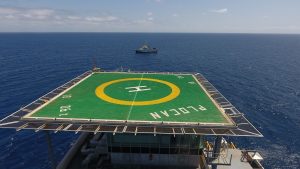EMSO ERIC
The European Multidisciplinary Seafloor and water-column Observatory (EMSO) (emso.eu) aims to explore the oceans, gain a better understanding of phenomena happening within and below them, and explain the critical role that these phenomena play in the broader Earth systems.
EMSO is a consortium of partners sharing in a common strategic framework scientific facilities (data, instruments, computing and storage capacity). Formally EMSO is a European Research Infrastructure Consortium (ERIC), and was constituted on September 29, 2016 (EU Official Journal L268/59 October 1st,2016), a legal framework created by the EUropean Commission for pan-European research infrastructures.
EMSO consists of a system of regional facilities placed at key sites around Europe, from the North East to the Atlantic, through the Mediterranean, to the Black Sea. Observatories are platforms equipped with multiple sensors, placed along the water column and on the seafloor. They constantly measure different biogeochemical and physical parameters, that address natural hazards, climate change and marine ecosystems.
EMSO offers data and services to a large and diverse group of users, from scientists and industries to institutions and policymakers. It is an extraordinary infrastructure to provide relevant information for defining environmental policies based on scientific data.
EMSO achieved the Certification of Compliance to ISO 9001:2015 standard for the “Design, coordination, and development of environmental research activities on seafloor and water-column”
EMSO MISSION
EMSO ERIC aims to promote excellent science through the coordination of an extensive network of infrastructure distributed from the Arctic, North Atlantic, and Mediterranean to the Black Sea, obtaining essential ocean variables (EOVs) from the water column, to the deep seafloor and sub-seafloor at the service of high quality marine sciences, for scientists to engineers, policy makers, industry and the society in general.

The goals that EMSO intends to achieve are:
-
Provide deep sea high quality, long term time series
-
Develop technology for sensors, communications, offshore operations
-
Attract scientist, technicians, managers and industries
-
Collaborate with European and International Organization and Institution (specifically in EOOS and GEOOSS)
-
Promote innovation and knowledge-sharing
-
Conduct outreach and communication
EMSO CHALLENGES
To fulfil European societal scientific demands targeted in the EU’s H2020 Blue Growth Strategy EMSO ERIC is targeting the following areas to focus its effort in responding to the societal challenges in the framework of marine sector.

To increase the impact of the its actions, EMSO ERIC established during the past years fruitful collaborations with international organizations, pan-European Research Infrastrucres and participating in projects funded under H2020.

To increase the impact of the its actions, EMSO ERIC established during the past years fruitful collaborations with international organizations, pan-European Research Infrastrucres and participating in projects funded under H2020.




